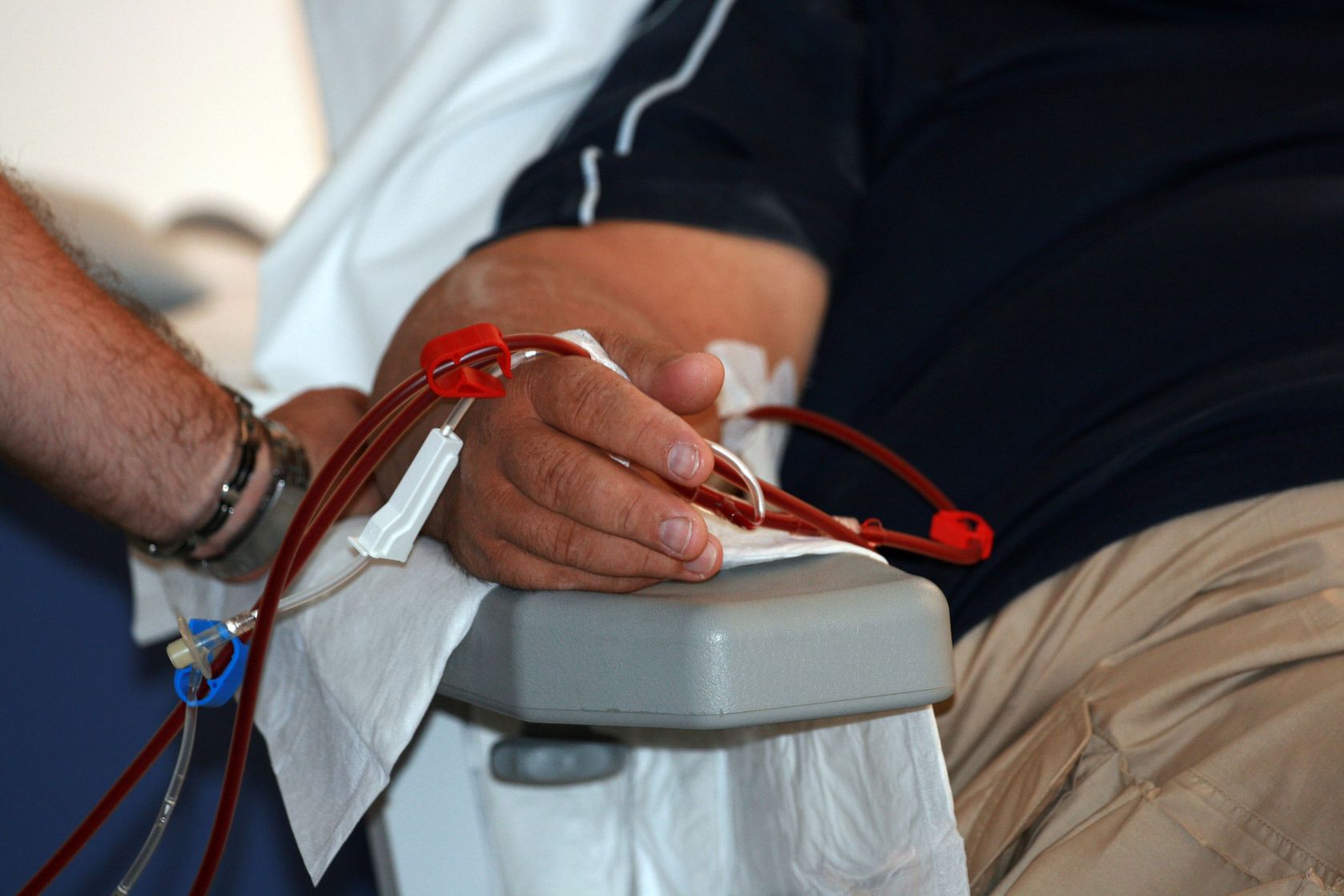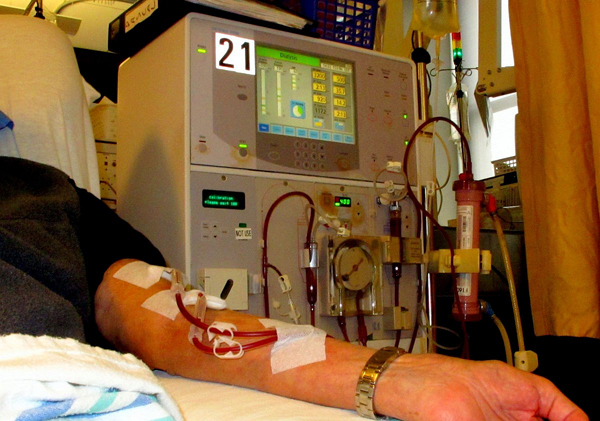Developing robust eligibility criteria is critical for a trial’s success. Not only is it important to define who gets to participate in the trial, but it’s equally important to define who doesn’t. A subset of patients are being robbed of access to innovative treatments because they’re often excluded from drug trials that could help them.
These patients have chronic kidney disease (CKD), a condition which affects about 30 million adults in the US. Kidney function often worsens over time, leading to a build-up of waste and fluid in the blood. Eventually, patients may develop other health concerns such as cardiovascular disease, diabetes or cancer. To slow the progression of disease, patients are encouraged to make lifestyle changes that protect kidney health.
But patients won’t be able to access new treatments if they are not enrolled in clinical trials. To address this, the European Renal Association – European Dialysis and Transplant Association (ERA-EDTA), American Society of Nephrology (ASN) and International Society of Nephrology (ISN) launched an information campaign to promote CKD patient involvement in clinical trials.
“It is a fact that the efficacy and the safety of treatments tested on patients without CKD cannot be assumed in CKD patients, and similarly that withholding treatment due to the presence of CKD may significantly and unfairly disadvantage those affected,” said Professor David Harris, Ex-President of the International Society of Nephrology, in a joint statement. “We need studies that include CKD patients.” The ISN is tasking the research community to enroll 30 percent of CKD patients by 2030.
Evidence suggests that CKD is both the product of and a risk factor for diabetes, cardiovascular disease and certain types of cancer. Despite their interrelatedness, doctors cannot assume that drugs prescribed for these conditions will be effective for patients with CKD; they need to be evaluated in a clinical trial.
“Let’s take SGLT inhibitors, a new group of antidiabetic drugs, as an example. We know from studies that these substances may protect kidney function, but they have not been tested in CKD patients with an eGFR below 30 ml/min. This means that kidney patients are excluded from therapies that might slow down the progression of CKD,” said Professor Carmine Zoccali, President of ERA-EDTA.
Leading an initiative to boost CKD patient involvement in clinical trials is the Kidney Health Initiative, formed in 2012 by the US Food and Drug Administration (FDA) and the ASN. A working group comprising scientists, industry leaders, clinical professionals, members of the FDA and CKD patients will identify barriers to including CKD patients in clinical trials and discuss different strategies to enhance their inclusion. The group plans to complete this project by the summer of 2019.
In another effort to support better health for kidney disease patients, the US Food and Drug Administration (FDA) released a briefing document outlining the importance of including more CKD patients in clinical trials. Kidney function can affect how drugs are metabolized, therefore, independent dosing studies need to be conducted to identify the optimal dose of drug for patients with varying degrees of kidney dysfunction. While helpful, these stand-alone studies cannot provide the same safety and efficacy data that would be derived from the original trial. The FDA suggests studying the pharmacokinetics of the drug when dosing patients with severe renal dysfunction to determine if a dose adjustment is required. In other words, if the pharmacokinetics are not affected in the ‘worst-case scenario’, then there’s no reason to change the dose of the drug.
The White House concurs that kidney disease is a pervasive healthcare problem not only in the US, but worldwide. Their approach to improving patient care involves increasing prevention research, making dialysis more affordable and better supporting living kidney donors.
The Department of Health and Human Services (HHS) Secretary, Alex Azar, said, “We have the technology to revolutionize the lives of America’s kidney patients—of our loved ones, and of some of the people in this room. We’ve waited long enough. We just need renewed ambition and the right policies.”
As the aging, sedentary population grows, so too will the incidence of CKD. It will take the efforts of diverse stakeholders to address this growing burden and improve the lives of those affected.












Join or login to leave a comment
JOIN LOGIN